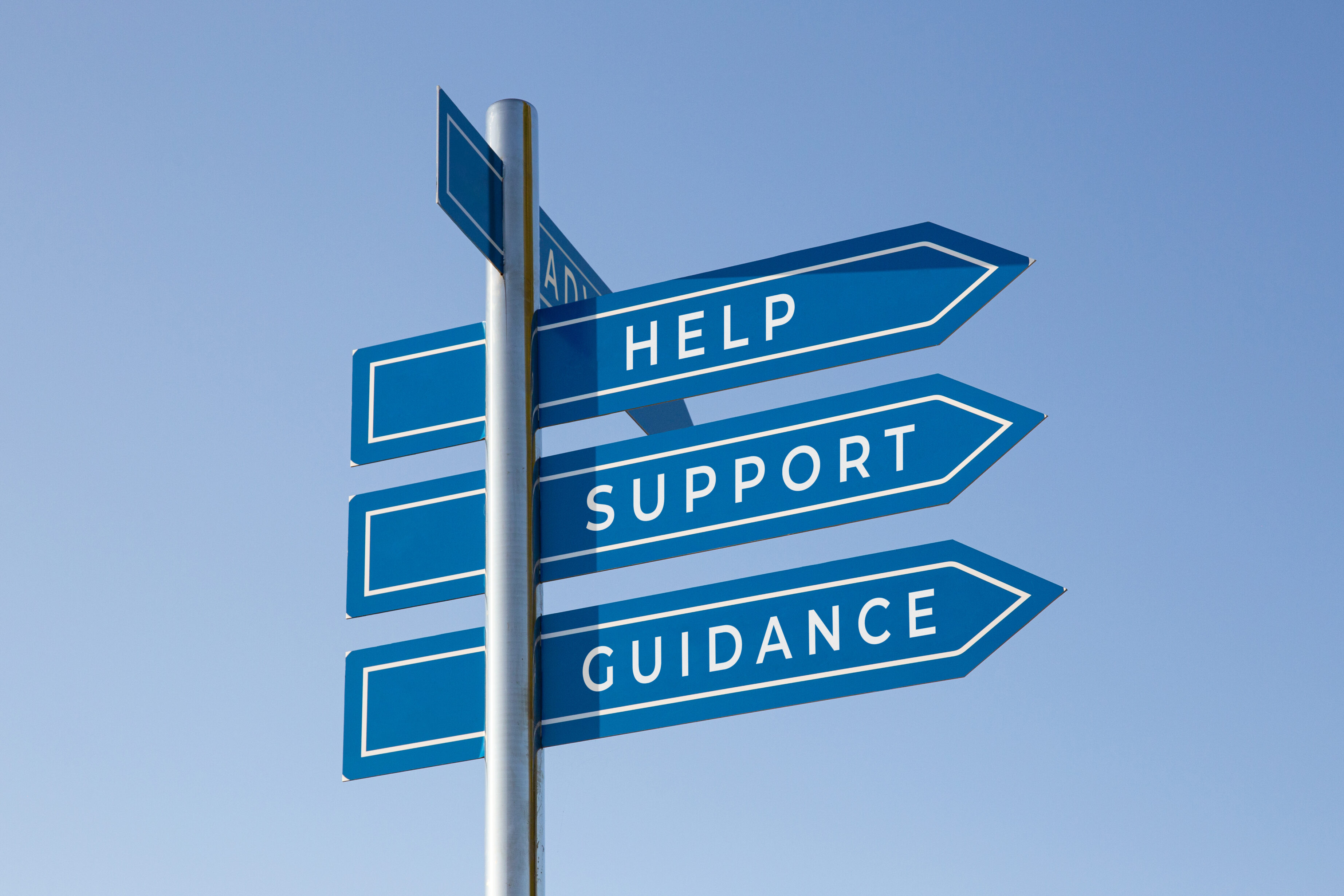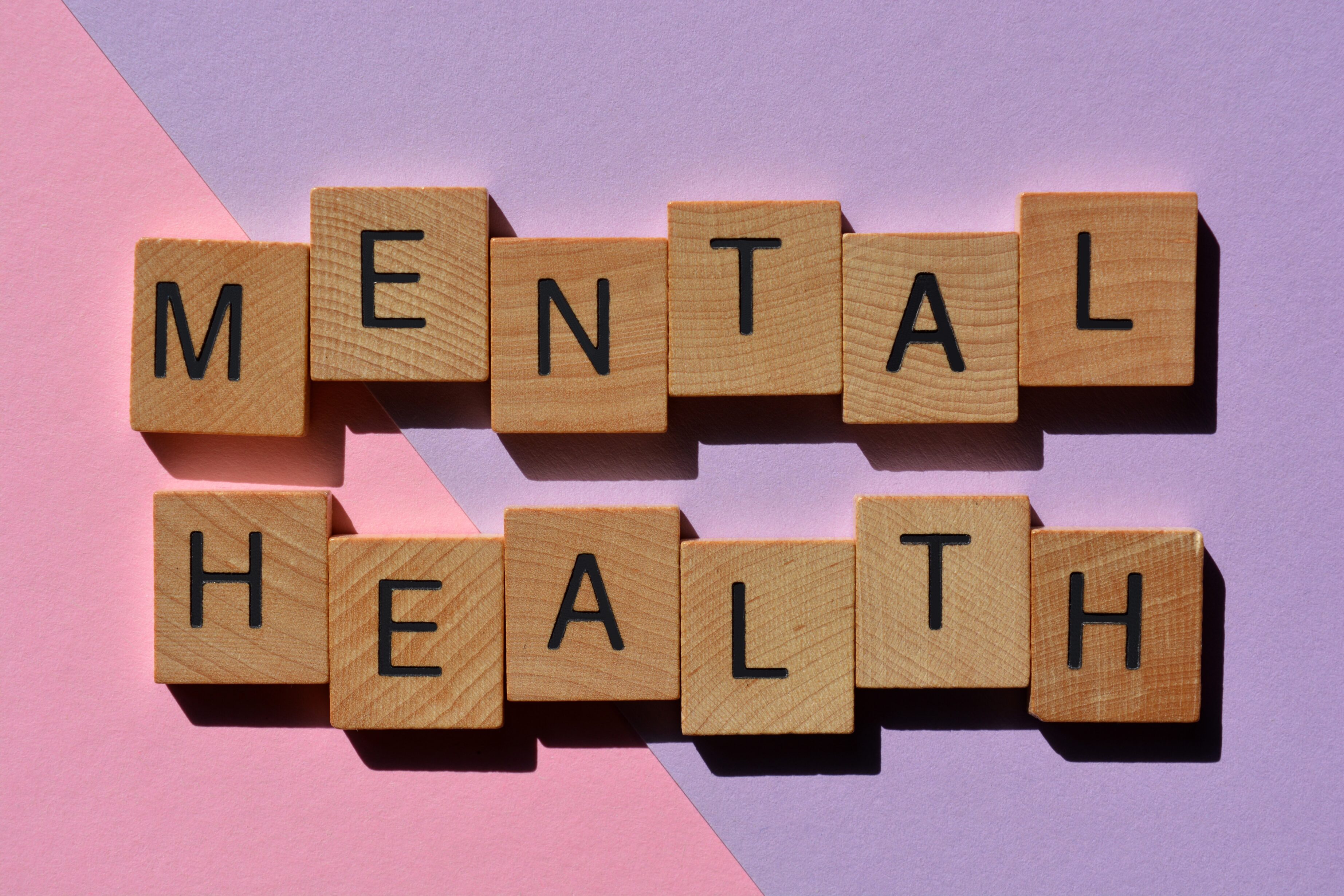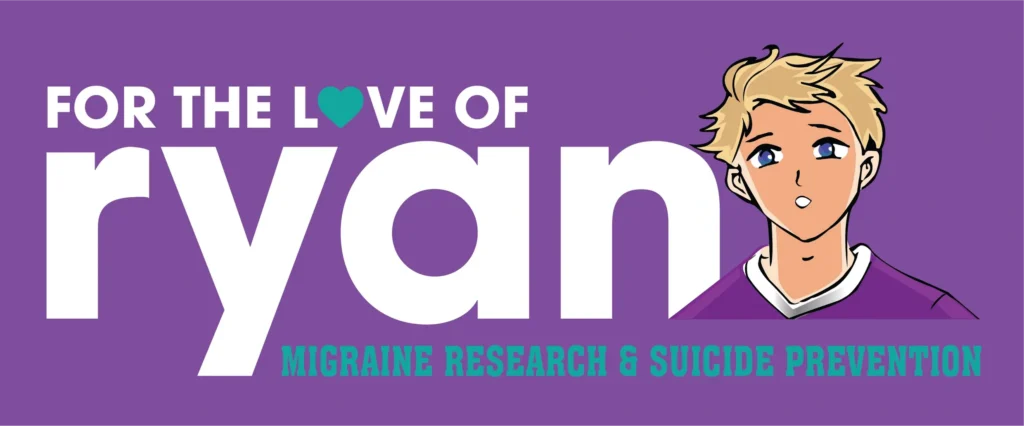The Role of Community Support in Suicide Prevention

Community support is crucial in suicide prevention, offering a sense of belonging and accessible resources. United efforts can significantly impact suicide prevention for the better.
Mental Health Resources for Those Affected by Chronic Pain

For those with chronic pain, mental health support is crucial. Resources include pain management clinics, online support groups, CBT, mindfulness programs, mobile apps, and professional counseling.
Understanding Mental Health: Breaking Down the Basics

Mental health is crucial for our emotional, psychological, and social well-being. Improving mental health involves lifestyle changes, support networks, and seeking professional help when needed.
Advocating for Mental Health Awareness: How to Get Involved

To advocate for mental health awareness, educate yourself and others, share personal stories, volunteer, participate in events, engage in policy advocacy, use social media, and join or form support groups. Join the movement to foster understanding and support.
Resources for Suicide Prevention: What You Need to Know

Suicide prevention relies on early detection, intervention, and support. Key resources include crisis hotlines, mental health professionals, online services, and educational materials. Immediate help and ongoing support are crucial.
Advancing Suicide Risk Detection through Technology and AI

AI and machine learning offer new strategies in suicide prevention, analyzing digital behaviors and health records to identify at-risk individuals. Ethical considerations, including privacy and bias, are paramount as these tools develop.
Inflammation, Depression and the Search for New Treatments

Research links inflammation and depression, suggesting anti-inflammatory treatments might alleviate depression symptoms. This new perspective offers promising avenues for depression and suicide risk management, focusing on systemic inflammation reduction.
Migraine and Mental Health: Coping Strategies for Patients

Migraine management includes medical treatments, psychological support, and lifestyle changes. Techniques like mindfulness and CBT, along with a strong support network, help address migraine mental health effects.
The Role of Support Systems in Managing Mental Health

Support systems play a crucial role in mental health management, offering emotional sustenance, practical help, and a sense of belonging. Building and maintaining such networks involve reaching out, joining support groups, and engaging with professionals. Strong support systems enhance recovery outcomes and quality of life in the journey towards resilience.
Uncovering the Epigenetic Underpinnings of Suicide Risk

The exploration into epigenetics reveals dynamic influences on gene expression linked to suicide risk, with life experiences and environmental factors acting as key modifiers. This research offers hope for identifying biomarkers and developing reversible, targeted interventions to mitigate these risks.

